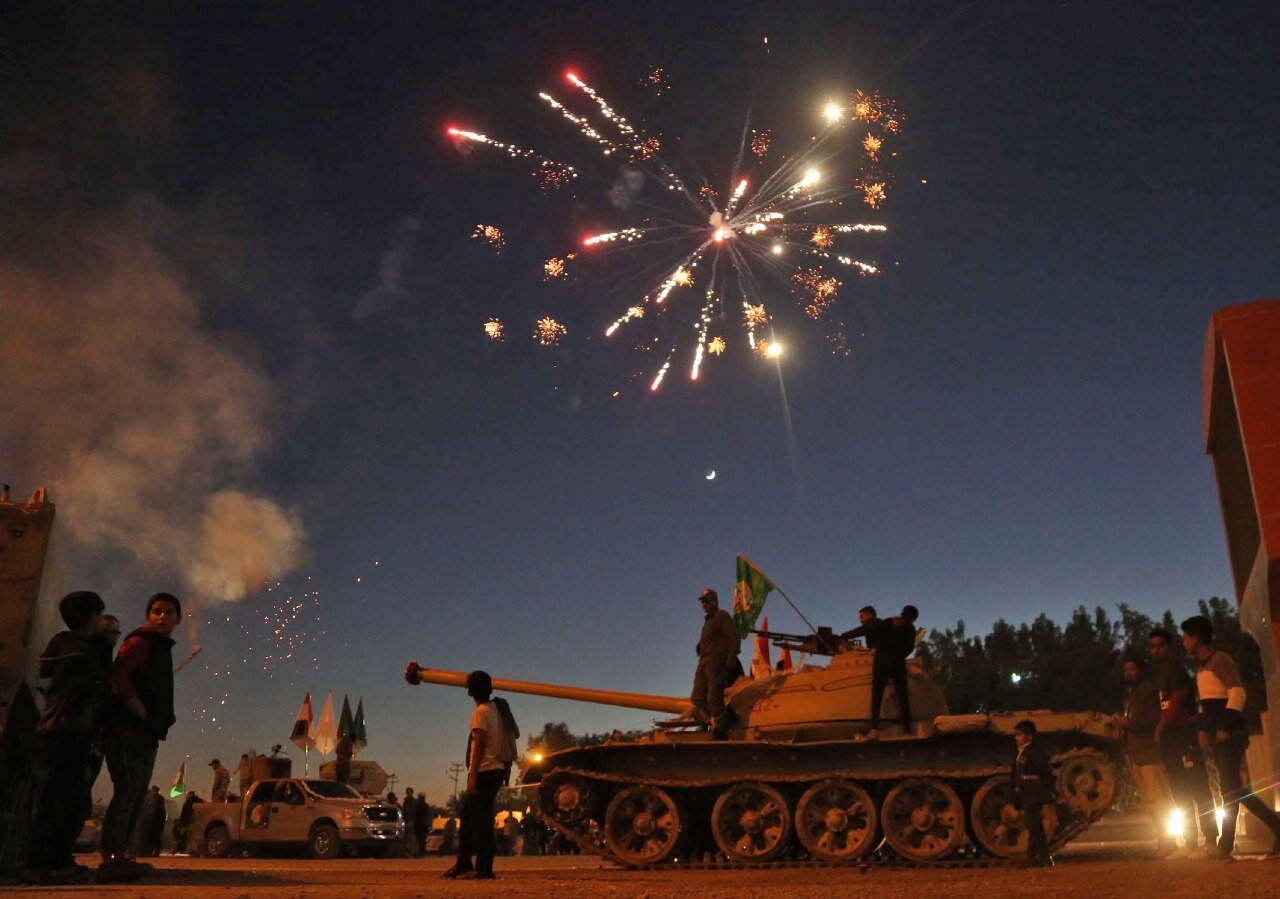New Tehran-Baghdad alignment ends Israel's safety in Iraqi skies

TEHRAN – The United States is doubling down on efforts to pressure Iraq into distancing itself from Iran—a nation with which it shares a nearly 1600km border, religious ideologies, and centuries of history—as Iranians simultaneously work to curb U.S.-Israeli violation of Iraqi airspace.
In a phone conversation with Iraqi Prime Minister Mohammed Shia al-Sudani, U.S. Secretary of State Marco Rubio said Baghdad must further decouple from Iran economically, and also move to disarm Popular Mobilization Units (PMU), forces that consider themselves part of the Iran-allied Axis of Resistance and spearheaded Iraq’s fight against Daesh terrorists in the 2010s.
Earlier this year, the Trump administration said it was ending a sanctions waiver that had allowed Baghdad to receive electricity from Tehran, initially set to remain until 2028, in line with his "maximum pressure" policy against Iran. The move exacerbated the country’s long-standing electricity crisis and spurred protests in various cities and villages over the summer
The official State Department readout of the phone conversation stated that Rubio told Al-Sudani the PMU "pilfer Iraqi resources for Iran," without explaining how or when such an act could occur, given Washington's full control over Iraq’s oil money. Notably, U.S.-based media outlets simultaneously tell Iranian people that their money is being stolen and funneled to Iraq.
The U.S. has already succeeded in compelling the al-Sudani government to exert pressure on PMU forces. This included forcing the Iraqi parliament to rescind two bills: one redefining the PMU's structure, and another addressing the forces’ retirement benefits.
According to Mohadeseh Rezayi, an expert on Iraqi affairs, the U.S. pressure on Iraq extends beyond merely pressuring Iran economically and ideologically. In light of events in Syria and Washington's continued pressure against Hezbollah in Lebanon, this American effort also seeks to pave the way for easier Israeli access in the future.
“The United States wants to redraw the maps and geopolitics of West Asia for Israel, a fact both Israelis and Americans have admitted numerous times," Rezayi explained. In Iraq, the primary obstacle to an unfettered Israeli presence is a local military possessing deterrence power. One of the most formidable components of Iraq's military is the PMU, which played a crucial role in clearing the country of Israeli-backed Daesh terrorists during the group's prime, when it aspired to establish a homogenous caliphate in Iraq and Syria.
Washington is also anticipated to prohibit Iraq from purchasing Iranian gas in the future, a measure that would further destabilize the nation and grant the White House greater control over the Iraqi government. "Iraq's oil revenues are deposited in an account maintained at the Federal Reserve Bank of New York. The Fed subsequently auctions these dollars to international and Iraqi banks, which, in turn, provide dinars. This mechanism empowers the U.S. Treasury to freeze or delay these transactions. An Iraqi government experiencing financial distress and internal difficulties would be more inclined to accede to Washington's demands,” the expert stated.
The phone call between Rubio and al-Sudani occurred concurrently with Iraq's National Security Advisor, Qasim al-Araji, being in Tehran for meetings with top Iranian security, political, and military officials. During these discussions, the Iranians appeared primarily concerned about reports of U.S.-Israeli use of Iraqi soil during the 12-day war against Iran in June. Al-Araji assured the Iranian officials that Iraq considers Iran's security "its own" and would do everything to prevent similar occurrences in the future.
Talking to reporters on the sidelines of a conference in the northeastern Iranian city of Mashhad, Iranian Foreign Minister Abbas Araghchi said the meetings with al-Araji had been positive and constructive. “The main focus of my conversation with Mr.al-Araji was security. We talked about how we can better implement our previously signed security agreements,” the top diplomat stated. “In my opinion, both Iran and Iraq are ready to take further steps. Our Iraqi friends have explicitly told us that they will not allow Iran’s enemies to use Iraqi [air] space.”
Leave a Comment